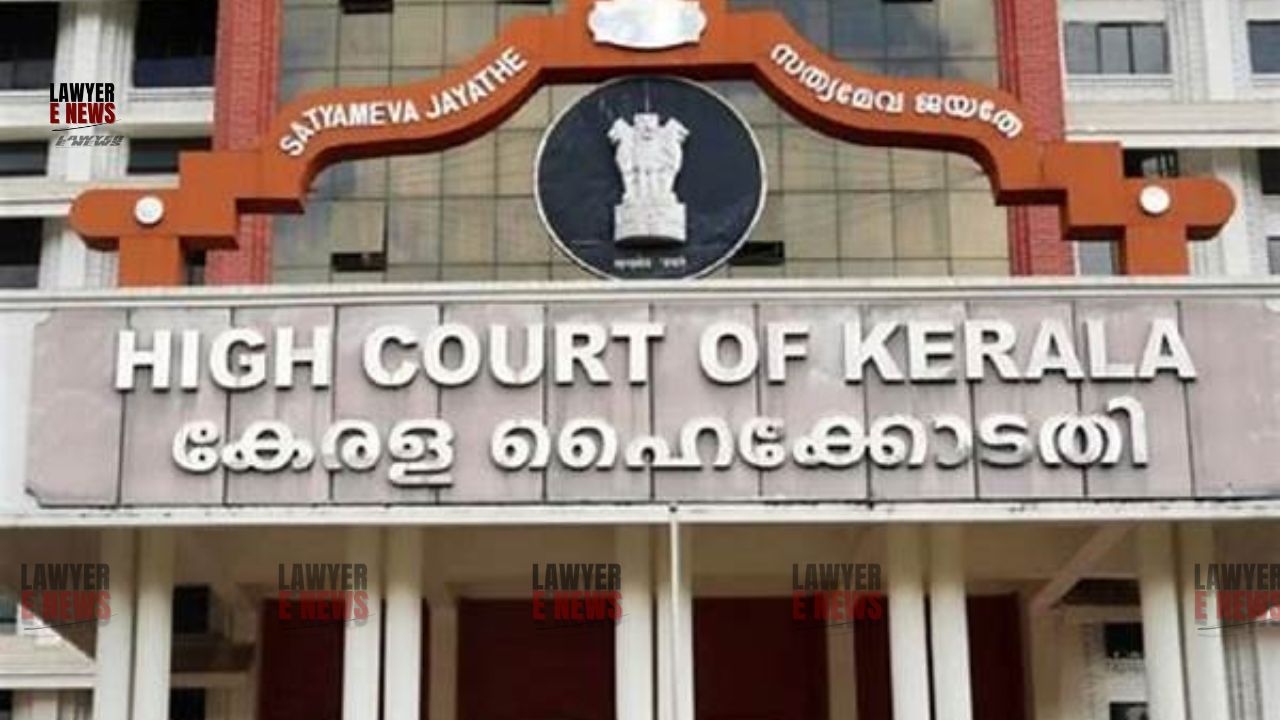-
by Admin
15 February 2026 5:35 AM



Kerala High Court, in Ashokan v. State of Kerala, upheld the conviction and life sentence of Ashokan, who was found guilty of murder under Section 302 of the Indian Penal Code (IPC). The court dismissed the appellant's claim that the fatal incident was a result of sudden provocation and a mutual fight, ruling instead that Ashokan's actions were premeditated.
The appellant, Ashokan, was charged with the murder of his neighbor, Soman, following a long-standing dispute. According to the prosecution, on May 14, 2006, Ashokan entered the courtyard of Soman’s house, where a confrontation occurred. Ashokan slapped and kicked Soman's wife, Geetha (PW2). When Soman intervened, a physical altercation ensued, during which Ashokan went back to his house, armed himself with a knife, and returned to fatally stab Soman multiple times.
Ashokan was convicted of murder by the Additional Sessions Judge of Thiruvananthapuram and sentenced to life imprisonment. He appealed against this judgment, arguing that the incident was the result of a sudden provocation and not a premeditated act.
Testimony of Key Witnesses: The court placed significant weight on the testimonies of PWs 1 to 3 (Soman's family) and independent witnesses (PWs 5 and 10). Despite minor contradictions, their accounts were consistent and corroborated by medical evidence.
Evidence of Premeditation: The court noted that Ashokan, after the initial altercation, went home, changed his clothes, armed himself with a knife, and returned to the scene, demonstrating a clear intention to kill. This contradicted his claim of acting under sudden provocation or in self-defense.
Medical Evidence: The post-mortem report confirmed multiple stab wounds, including a fatal injury to the chest. The court concluded that the nature and location of the wounds indicated Ashokan’s intent to cause death.
Rejection of Self-Defense and Provocation Claims: The court rejected Ashokan's argument that he acted in self-defense or under sudden provocation. It emphasized that Ashokan’s actions, particularly his decision to arm himself and return to the scene, nullified any claim of acting in a fit of rage or without premeditation.
The Kerala High Court affirmed the trial court's decision, ruling that the prosecution had successfully proven Ashokan's guilt. The appeal was dismissed, and the life sentence was upheld.
This judgment reaffirms the principle that claims of self-defense or provocation cannot be sustained when there is clear evidence of premeditation. The court’s decision emphasizes that an accused who arms themselves and returns to the scene of an altercation cannot claim the protection of exceptions under Section 300 IPC.
Date of Decision: October 8, 2024
Ashokan v. State of Kerala.
